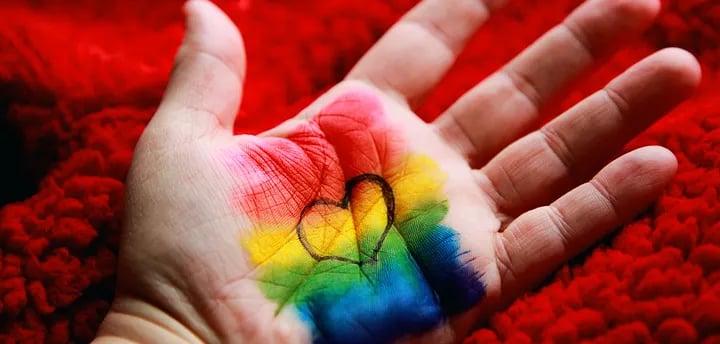Arun Kumar and Sreeja got married in a temple in Tuticorin in October last year. But they also had to register their marriage.
When they reached the registrar to register their marriage, he (registrar) refused to register their marriage as Sreeja was transgender.
After this, both of them moved to the Madras High court.
While adjudicating a case in the Madras High Court, Justice GR Swaminathan referred to a story written in the book ‘Jai’ by Devdutt Patnaik.
“Aravana was near death in the Mahabharata war. He was sacrificing his life for the sake of religion but he expressed his last wish that he must have a wife who cried for him after his death.
The Pandavas tried to get some women from him to get married, but who would marry a dying man? So in the end, Shri Krishna took the form of Mohini and married Aravan.
When he died the next day, Krishna, taking the form of Mohini, mourned like a widow.”
Hindu Marriage Act Says,
A marriage solemnized between Man and a transgender in Hindu religion is a valid marriage, according to section 5 of Hindu marriage act of 1955.
Madras High court said, right to marry a transgender is obvious right of her.
Sometimes to see the obvious one needs not only Physical vision in the eye but also love in the heart — Madras High court.
The High court upheld a Hindu marriage between Arun Kumar and sreeja ( a transgender).
The ground for refusal of the marriage was given by the registrar of marriage, Tuticorin (Thoothukudi) that a transgender would not qualify as a bride under section 5 of the Hindu marriage act of 1955.
The High court clearly stated that a marriage solemnize between a Hindu male and a Hindu transgender would be a valid marriage in the eyes of sec 5 of Hindu marriage act of 1955.
NALSA Vs Union Of India
In the case of NALSA vs Union of India 2014, Suprime court said, transgender person have the right to self identity their gender.
SC said that sex and gender are distinct, where a person’s sex is biological determination at the time of birth, which is not the case with gender.
Madras High court said, discrimination on the ground of sexual orientation violates article 14, which talk about equality before law and equal protection of law within the territory of India.
In the end, the court said, since Arun Kumar and Sreeja were practicing Hindu, they had married in a temple.
The registrar’s refusal to register their marriage amounted to an infringement of their fundamental rights to freely practice their religion under article 25 of the constitution of India.
Article 25 of the Indian Constitution talks about guaranteeing the freedom of conscience, the freedom to profess, practice, and propagate religion to all citizens.


